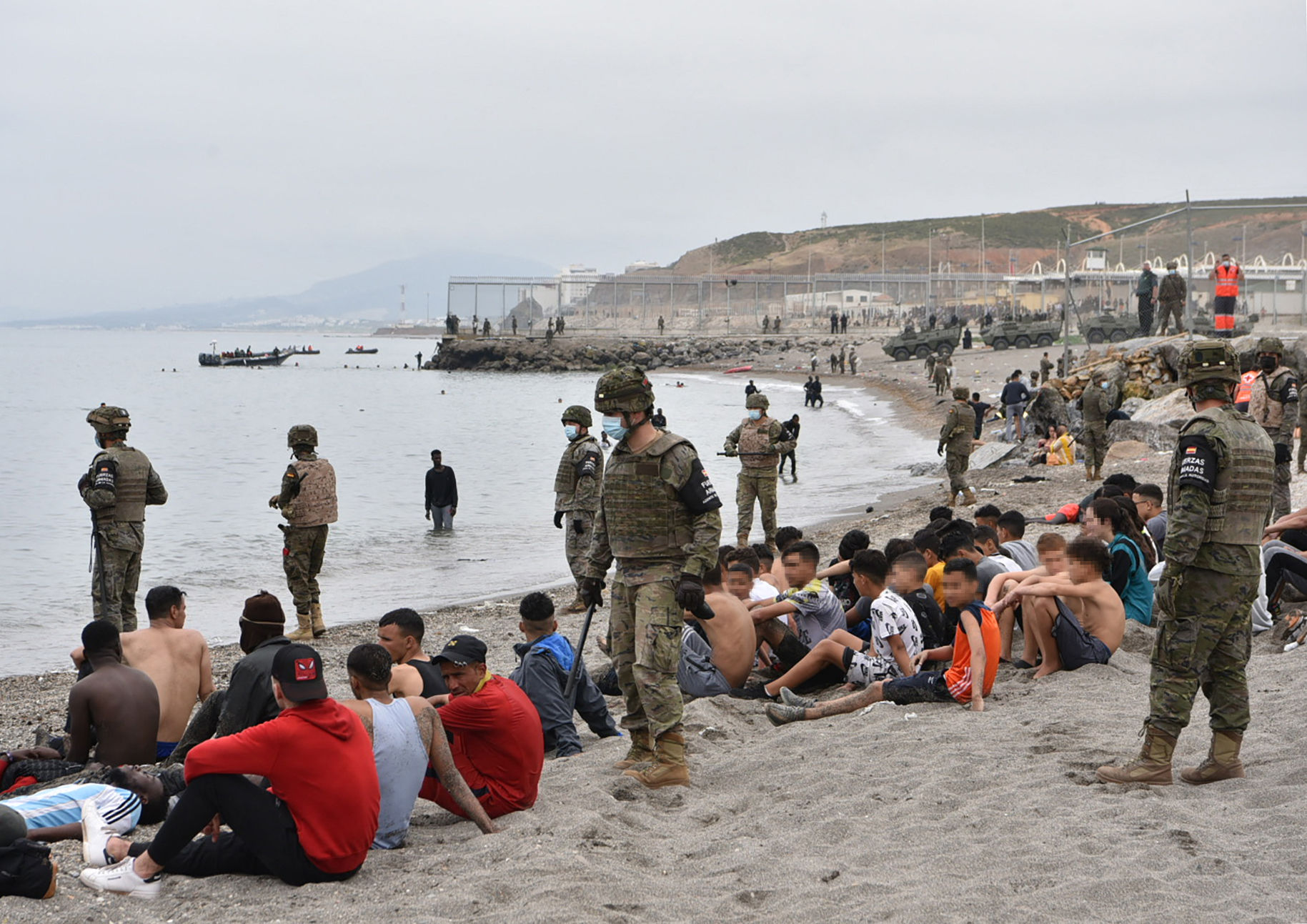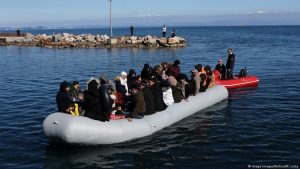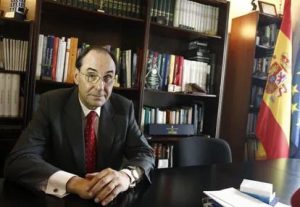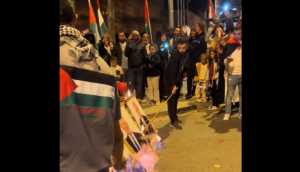Spain’s Ceuta has been witnessing a record influx of migrants from Morocco, at a time of diplomatic tensions between Madrid and Rabat. Following a mammoth influx of 6,000 migrants in the North African enclave of Ceuta, Spanish Prime Minister Pedro Sanchez vowed to “restore order”.
In a swift reply, Spain sent back 2,700 migrants to Morocco, the government said, AFP reported.
“We will restore order in the city and in our borders as soon as possible,” Sanchez said, adding that he would visit Ceuta and Melilla, Spain’s other North African enclave, later on Tuesday.
According to an AFP report, the migrants crossed into Ceuta largely unimpeded by Moroccan border guards on Monday.
Sanchez warned that the situation was a “serious crisis for Spain but also for Europe,” which is a destination of choice for people fleeing poverty and war in Africa.
The EU commissioner for home affairs, Ylva Johansson, urged Morocco to take action to stop the “worrying” increase.
Monday’s figures were the highest ever for a single day, authorities in Ceuta said.
Early Tuesday, another 300 migrants tried to cross into Spain’s other North African enclave of Melilla by scaling a high barrier, with 86 making it through.
The migrants, who crossed into Spain, reached Ceuta by swimming, with some using inflatable tubes and rubber dinghies.
Also Read | On refugee admission, Joe Biden’s last-minute change in plan
The Western Sahara history
What makes Ceuta and Melilla popular entry points for migrants seeking a better life in Europe? They both have the European Union’s only land borders with Africa.
The influx comes at a time of diplomatic tension between Madrid and Rabat after it was reported that emerged that the leader of the Western Sahara independence movement – Polisario Front – Brahim Ghali arrived in northern Spain in mid-April and is being treated in hospital for COVID-19.
The front has been waging a war for a long time for the independence of Western Sahara, a former Spanish colony that is mainly under Moroccan control.
Analysts had warned the spat could threaten cooperation between Madrid and Rabat in the fight against illegal immigration.
But Spanish Foreign Minister Arancha Gonzalez Laya said Rabat had “assured” Madrid the huge influx was “not the result of the disagreement.”







